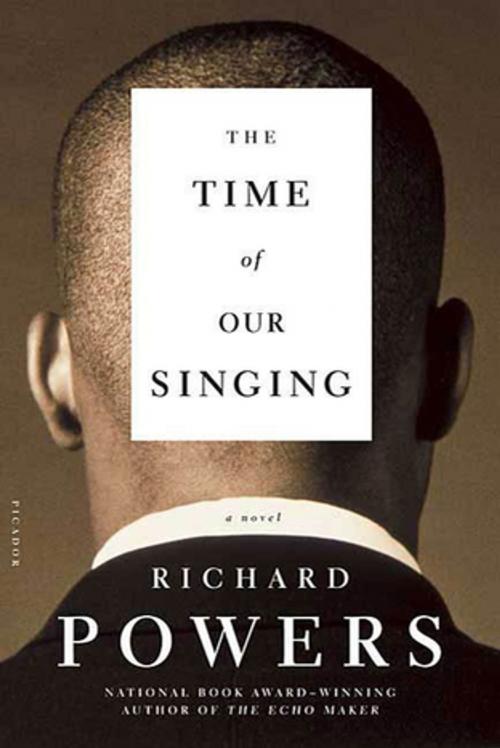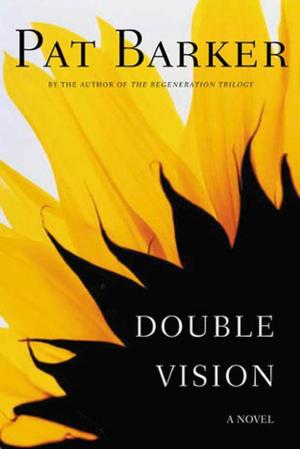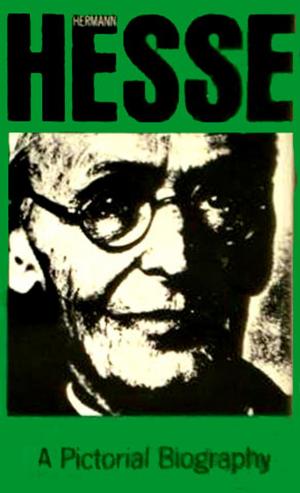| Author: | Richard Powers | ISBN: | 9780374706418 |
| Publisher: | Farrar, Straus and Giroux | Publication: | January 1, 2004 |
| Imprint: | Farrar, Straus and Giroux | Language: | English |
| Author: | Richard Powers |
| ISBN: | 9780374706418 |
| Publisher: | Farrar, Straus and Giroux |
| Publication: | January 1, 2004 |
| Imprint: | Farrar, Straus and Giroux |
| Language: | English |
A magnificent, multifaceted novel about a supremely gifted -- and divided -- family, set against the backdrop of postwar America
On Easter day, 1939, at Marian Anderson's epochal concert on the Washington Mall, David Strom, a German Jewish émigré scientist, meets Delia Daley, a young Philadelphia Negro studying to be a singer. Their mutual love of music draws them together, and--against all odds and better judgment--they marry. They vow to raise their children beyond time, beyond identity, steeped in song. But their three children must survive America's brutal here and now. Jonah, Joseph, and Ruth grow up during the Civil Rights era, come of age in the violent 1960s, and live out adulthood in the racially retrenched late century. Jonah, the eldest, "whose voice could make heads of state repent," follows a life in his parents' beloved classical music. Ruth, the youngest, chooses a militant activism and repudiates the white culture her brother represents. Joseph, the middle child and the narrator of this generational tale, struggles to remain connected to them both.
The Time of Our Singing is a story of self-invention, allegiance, race, cultural ownership, the compromised power of music, and the tangled loops of time that rewrite all belonging.
A magnificent, multifaceted novel about a supremely gifted -- and divided -- family, set against the backdrop of postwar America
On Easter day, 1939, at Marian Anderson's epochal concert on the Washington Mall, David Strom, a German Jewish émigré scientist, meets Delia Daley, a young Philadelphia Negro studying to be a singer. Their mutual love of music draws them together, and--against all odds and better judgment--they marry. They vow to raise their children beyond time, beyond identity, steeped in song. But their three children must survive America's brutal here and now. Jonah, Joseph, and Ruth grow up during the Civil Rights era, come of age in the violent 1960s, and live out adulthood in the racially retrenched late century. Jonah, the eldest, "whose voice could make heads of state repent," follows a life in his parents' beloved classical music. Ruth, the youngest, chooses a militant activism and repudiates the white culture her brother represents. Joseph, the middle child and the narrator of this generational tale, struggles to remain connected to them both.
The Time of Our Singing is a story of self-invention, allegiance, race, cultural ownership, the compromised power of music, and the tangled loops of time that rewrite all belonging.















